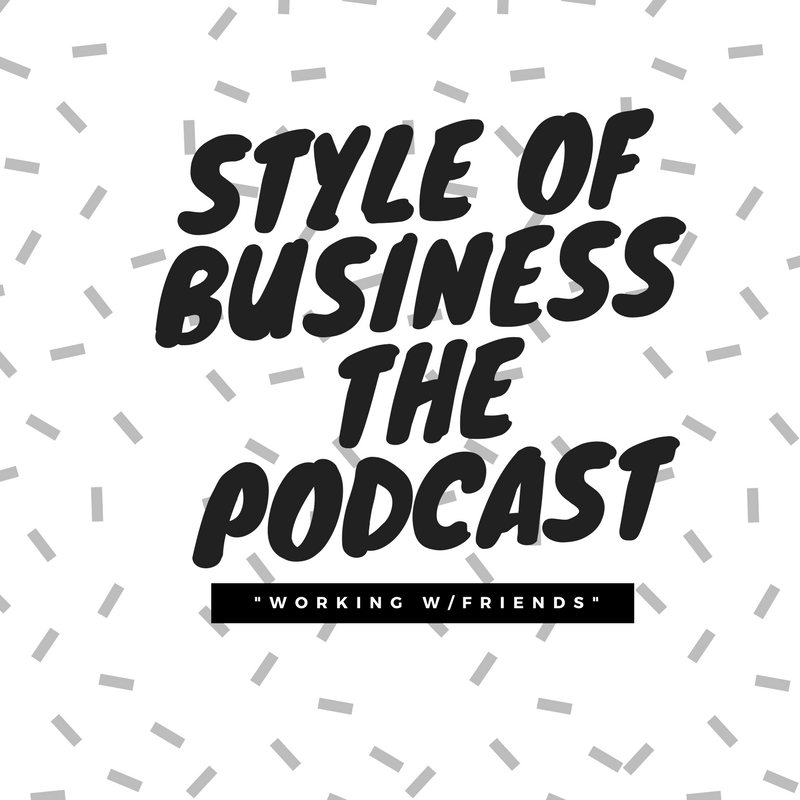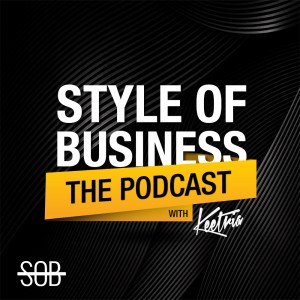Brand strategies don’t create themselves, even though you wish they would at times. For new entrepreneurs, coming up with a brand strategy isn’t exactly easy. It’s one thing to take an existing brand, pick it apart and explain why it works…but coming up with your own branding workup isn’t always so easy. It’s much easier to work backwards than it is to work forwards.
Many new entrepreneurs looking to create their first start up make the mistake of doing the opposite — finding an existing brand, deciphering their success and trying to use these components in their own branding. It’s always best to be original — but that’s just one key tip for creating the perfect branding plan. Here are a few more to consider before putting the finishing touches on your newest branding schematics.
Understand What Branding Is
This is a common mistake new entrepreneurs make with their first business. They often think of marketing and branding as being synonymous, but they really aren’t. Branding isn’t just logos and a business’ website or slogan. These are part of a brand, but the most important aspect of branding is something intangible. It’s the essence of a business and it isn’t something you can necessarily pin down as one particular item.
A Brand Conveys Purpose
Look back on how a brand is intangible. Marketing is much more concrete in how it’s presented; from graphics to blogging content, marketing is a pitch that you can sum up quite easily. Marketing should also directly state the point you’re trying to get across. Something like “Our business can guarantee you a five percent increase in follower traffic” is directly related to marketing.
Branding, however, conveys an intangible purpose. It’s more so a “bigger picture” type of deal as compared to marketing. A brand identity puts a business in a certain position, like being formal or casual, being trend focused or best-practice following. Some business’ have brands that are more philanthropic, while others are profit-based.
Branding is Emotional
When you read a book or watch a movie, what’s playing out on the big screen or within the pages affects your brain in some way. It’s not about a direct ideological correlation — reading Romeo and Juliet won’t lead you down a naive and romantically disastrous road — but it’s instead about making you feel something. Branding works in the same way.
Except branding is supposed to lead someone to act on certain emotions. It plans an idea in someone’s head in a way that doesn’t require reason or numbers. A good branding strategy injects a business with an emotional edge that plays to a consumer’s feelings. Branding should make people feel like they belong, like they matter and like they feel connected to a business.
When you consider the emotional aspect of branding, what purpose your branding truly has and understand what branding really is, you’re on your way to a truly killer branding strategy.





